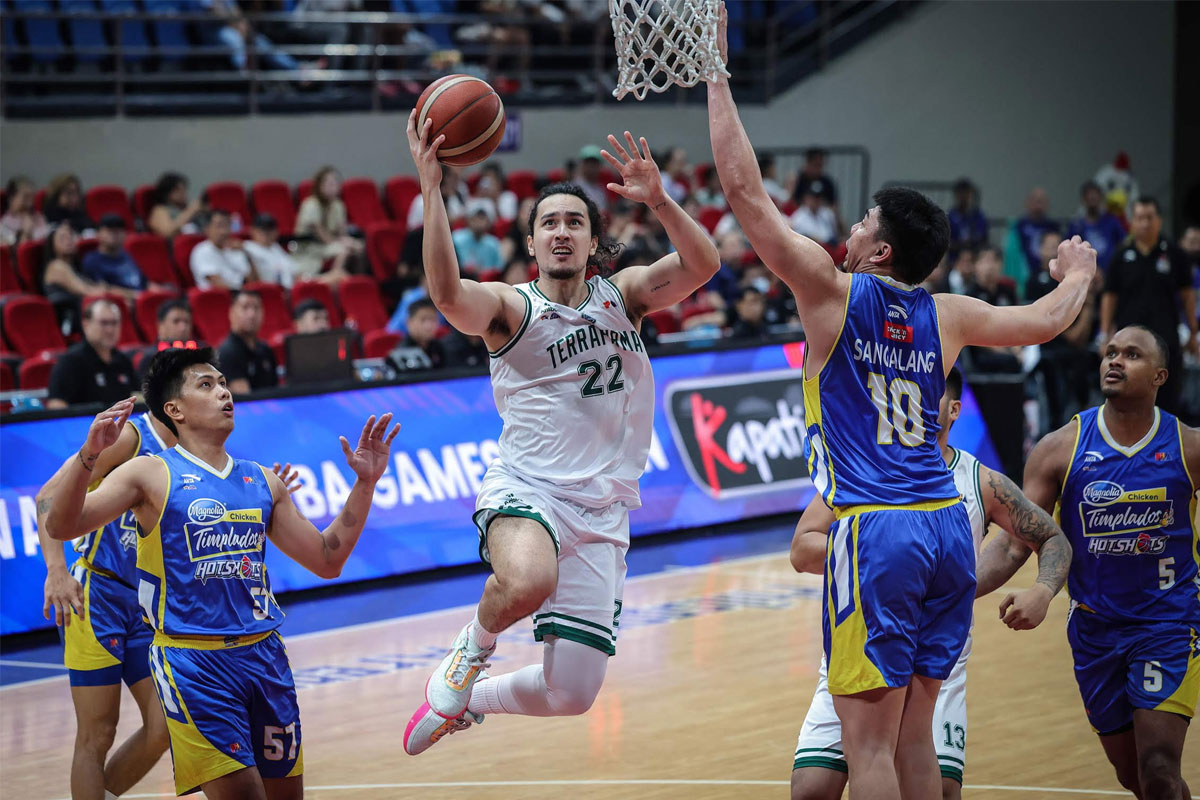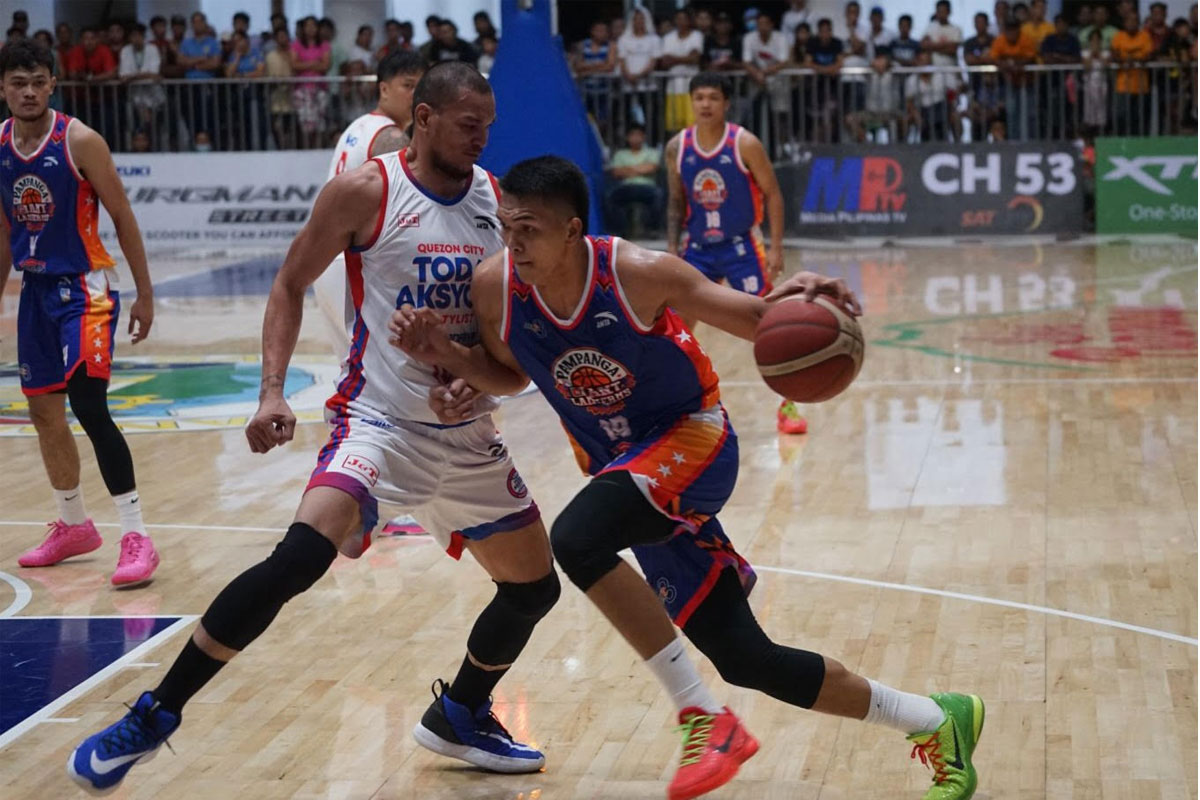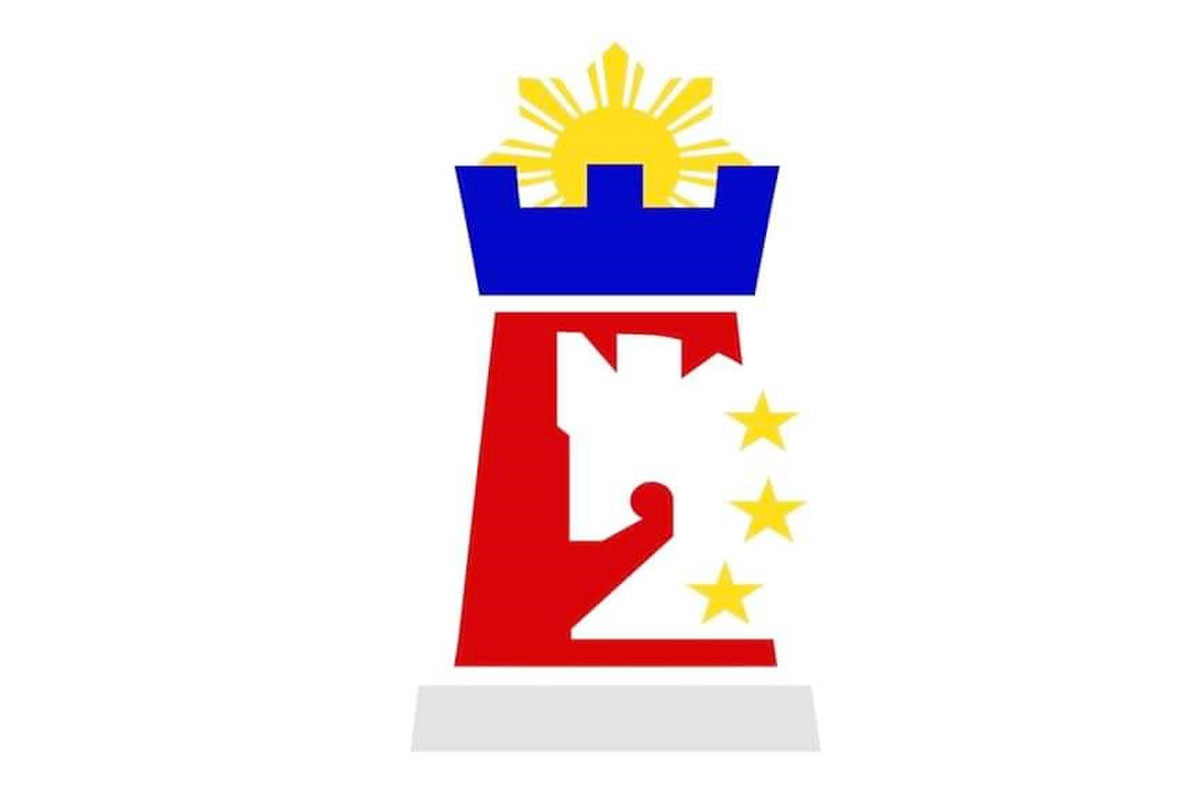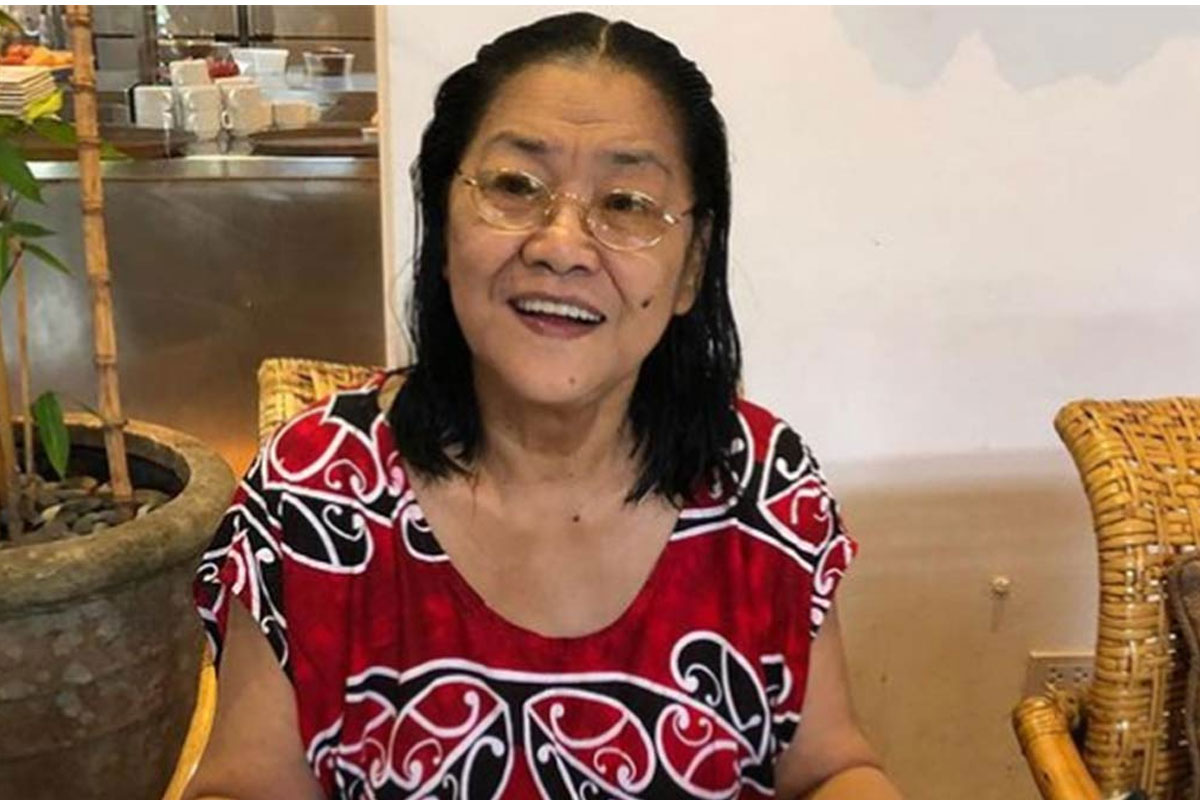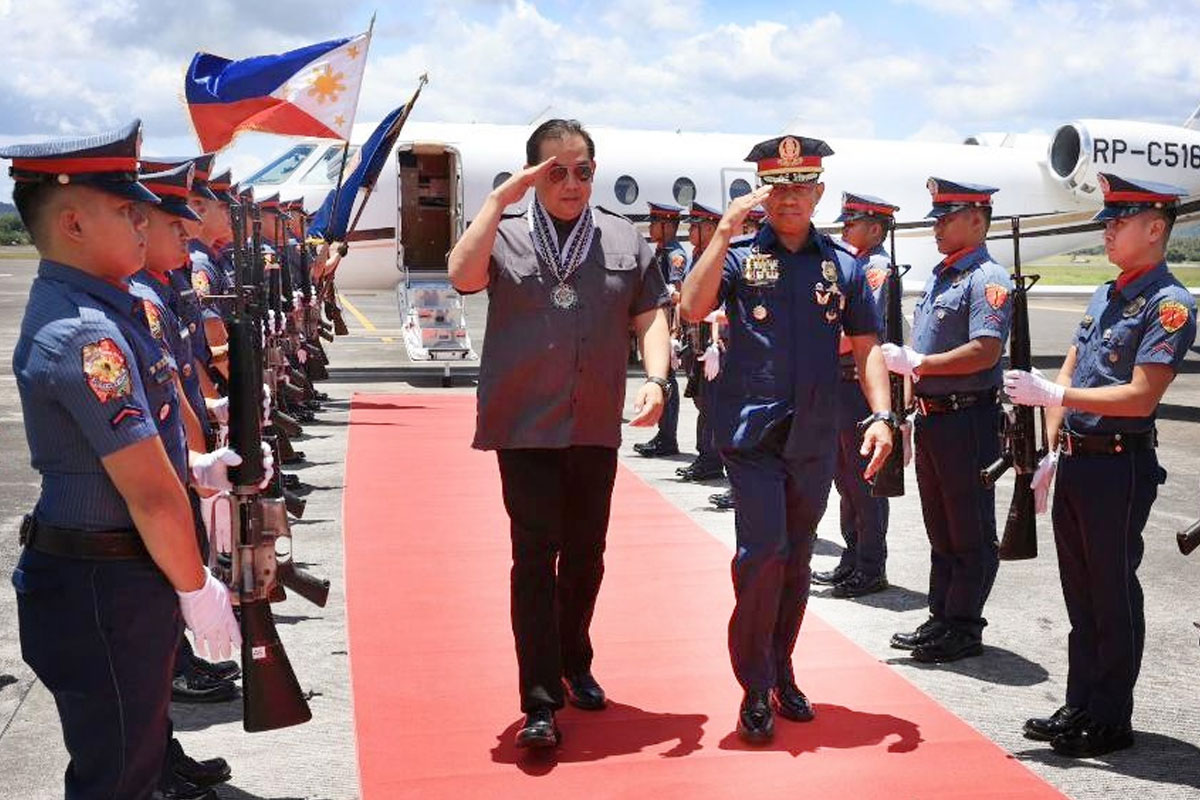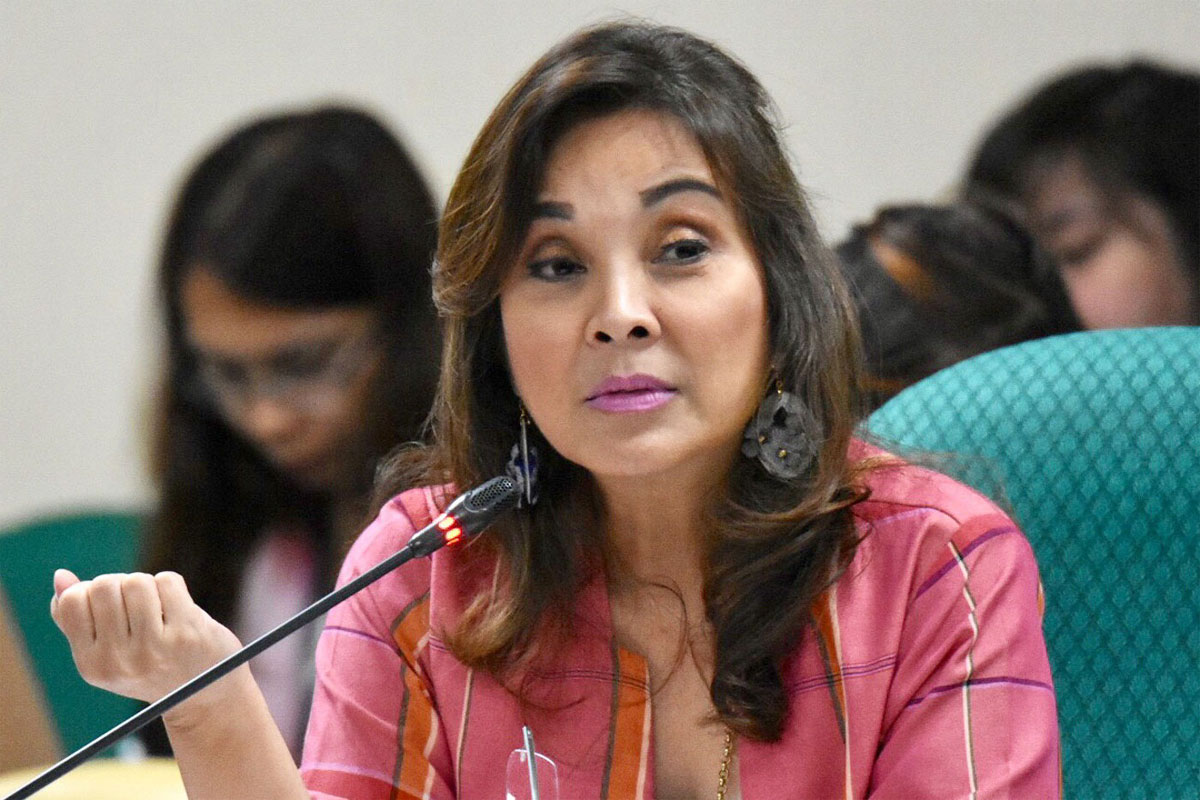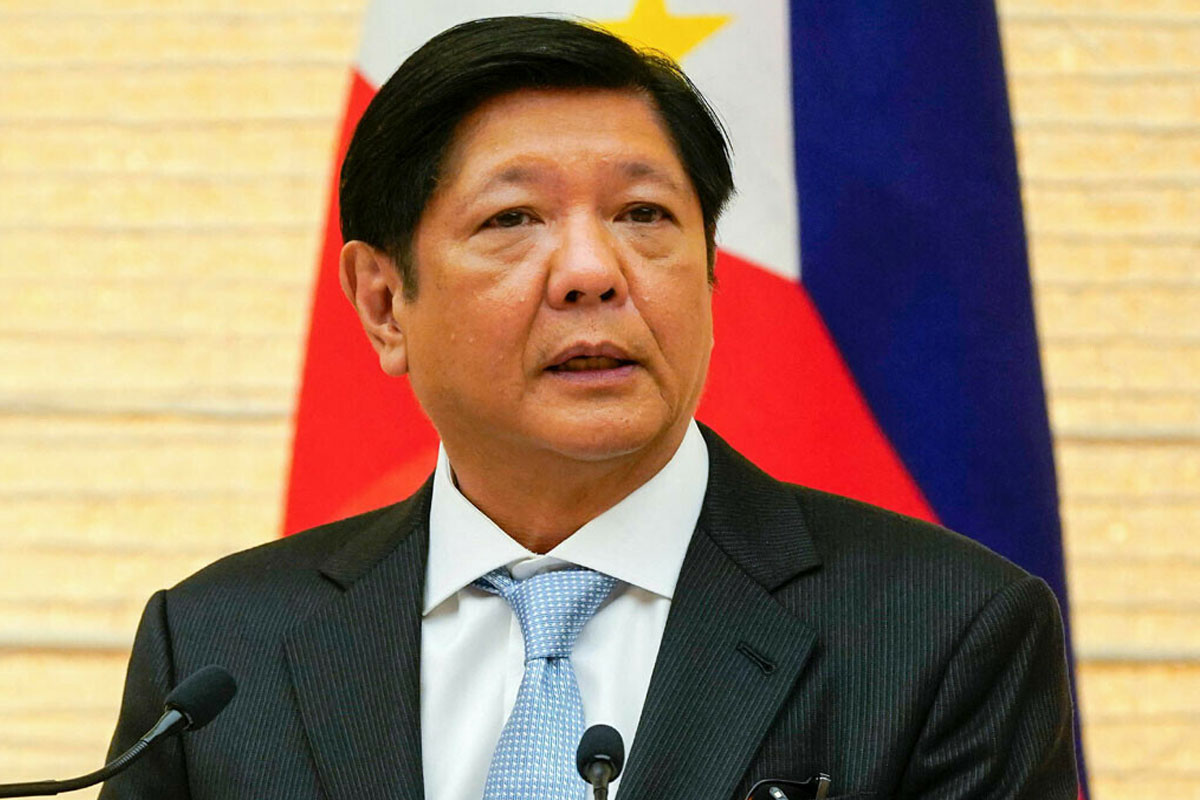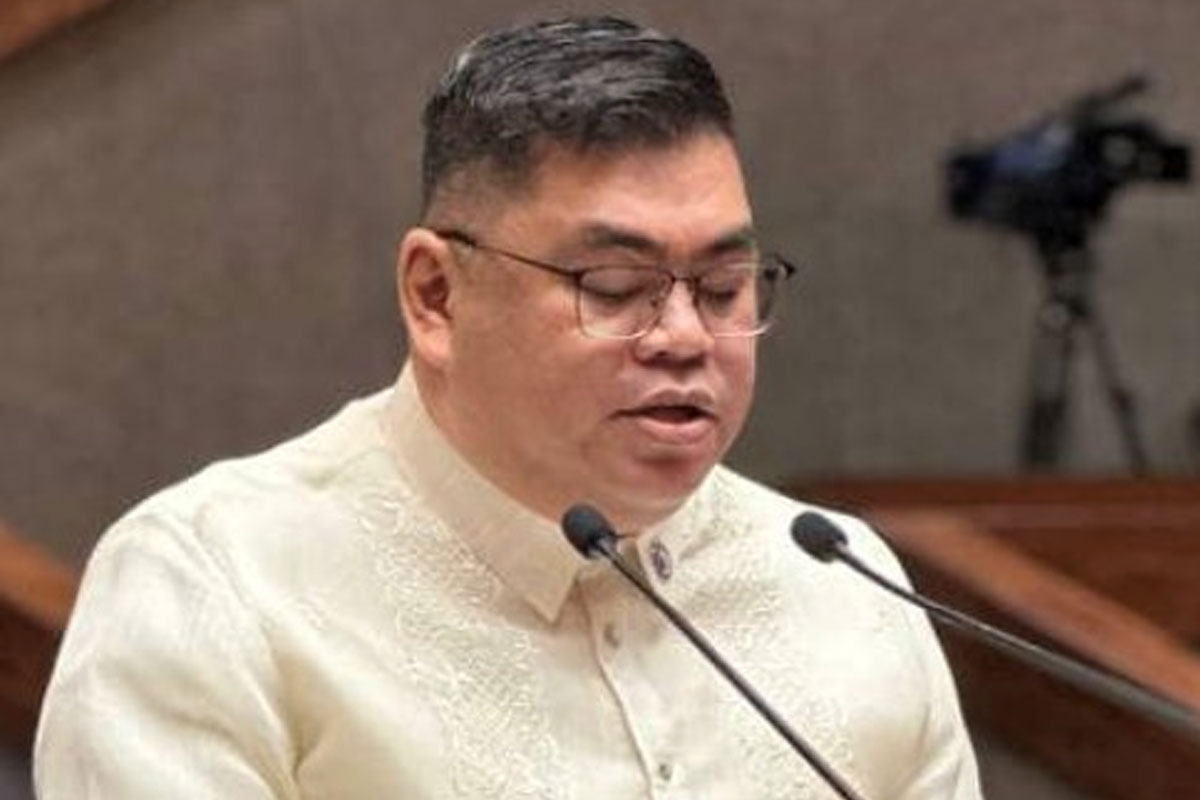
Senate asked to okay House-passed media welfare bill
CAMARINES Sur Rep. LRay Villafuerte has exhorted senators to help President Marcos deliver on his mission of advancing the welfare of Filipino journalists by acting on a long-approved House bill ensuring media persons of their deserved economic benefits and creating an environment more conducive to their safe, productive and free work.
Villafuerte, National Unity Party (NUP) president, hoped the recent reaffirmation by the President of his government’s commitment to fostering the welfare and protecting the lives of journalists would be “the cue for the Senate to act on its version of the House-passed House Bill (HB) No. 454 that aims to guarantee the rights of media workers to self-organization and additional economic benefits due them in their profession; and to create a safe, protected environment more conducive to their productive, free and fruitful work.”
The Camarines Sur congressman is the lead author of HB 304, which was consolidated into HB 454 that is now known as the “Media Workers Welfare Act.”
HB 454 was passed by the House on third and final reading in November 2022 yet, and then transmitted to the Senate.
“Our journalists risk their own lives being exposed to the perils and hazards outdoors just so we can receive our needed information. It is unfortunate that these media workers are usually the ones whose labor rights are ignored, such as those pertaining to security of tenure, hazard pay, night shift differential pay and overtime pay,” Villafuerte said.
Hence, he said, the need for the Senate to help the President achieve his goal for a better and safer work atmosphere for journalists by acting on its version of the proposed “Media Workers Welfare Act,” which aims to provide media persons with a package of comprehensive benefits at par with the current benefits enjoyed by those in the labor force in both the government and the private sector.
Apart from creating a safer, more protected workplace for a productive, free and fruitful practice of their profession, Villafuerte said the bill guarantees as well the media people’s right as workers to self-organization.
Mr. Marcos reiterated his Administration’s commitment to protect journalists and advance their welfare during the 50th anniversary celebration last April 15 of the Foreign Correspondents Association of the Philippines (FOCAP).
The late President Ferdinand Marcos Sr. started the tradition for Philippine presidents to grace FOCAP forums 50 years ago, while his only son, the incumbent Chief Executive, is the first one to attend this annual event in nine years.
In his FOCAP speech, the President also reaffirmed his government’s commitment to deliver justice to slain media persons and strive for a safer work environment through the Presidential Task Force on Media Security (PTFOMS).
“Under the banner of a Bagong Pilipinas, we are steadfast in adhering to our shared mission of advancing the welfare of the Filipinos and nurturing a truly free and safe environment for all journalists,” President Marcos said.
The House-passed HB 454 had consolidated five (5) similar measures, including HB 304 that was authored by Villafuerte with fellow CamSur Reps. Miguel Luis Villafuerte and Tsuyoshi Anthony Horibata along with the Bicol Saro partylist.
Villafuerte had filed a similar pro-media bill in the past Congress.
He echoed the view of Speaker Martin Romualdez that the approval of HB 454 highlighted the importance that the House has given to promoting the welfare of media personnel and ensuring press freedom in the country.
Villafuerte said this House-approved consolidated bill aims “to motivate and encourage media workers to perform their duties as truthful and responsible informers of the people, and that they are free from any form of harassment in their exercise of press freedom.”
Among the key features of HB 304 that were included in the House-approved HB 454 is the provision entitling media workers in entry-level positions to receive the minimum monthly compensation determined by the National Wages and Productivity Commission (NWPC) or the Regional Tripartite Wages and Productivity Boards (RTWPBs), depending on which applies in each case.
As originally proposed in HB 304, Villafuerte said the House-approved HB 454 mandates the Department of Labor and Employment (DOLE) to initiate the creation of a proposed News Media Tripartite Council, which may change or increase the amount of minimum hazard pay for media workers.
The bill classifies as media workers those who are legitimately engaged in news media practice, directly or indirectly, whether as a principal occupation or not, including but not limited to regular employees, project employees or independent contractors.
It classifies as media entities the persons or institutions, including media networks and operators, that actively gather information of potential interest to a segment of the public, turns gathered information into a distinct work, or distributes that work to an audience within the Philippines.
Villafuerte said that in addition to the existing rights and benefits accorded employees by the Labor Code under Presidential Decree (PD) No. 442, as amended, and subject to existing laws, the House-approved consolidated bill includes an HB 304 provision classifying any media worker as a regular employee once he or she completes six (6) months of continuous employment, regardless of the nature of his or her employment.
The grant of hazard pay of at least P500 per day is being proposed for media workers assigned to dangerous areas, such as strife-torn or embattled zones, contagion, radiation, volcanic eruption, distressed or isolated stations, disease-infested areas or in those declared under a state of calamity or emergency, and other occupational risks or perils to life as determined by the PTFOMS, in consultation with the DOLE.
However, he said, media workers in government or private media entities who are already enjoying similar benefits equal or superior to the minimum hazard pay shall no longer be entitled to such benefit.
The consolidated measure also contains HB 304’s provision requiring employers to provide media workers assigned to dangerous areas with basic safety gear and equipment like bulletproof vests and helmets, first-aid kits, fire-protection jackets, medical-grade protective equipment, face masks, safety shoes and life vests.
Also, it includes an HB 304 provision granting overtime and night-differential pay to media workers in accordance with existing labor laws, as well as mandatory additional insurance benefits on top of those provided by the Social Security System (SSS), Government Service Insurance System (GSIS), Philippine Health Insurance Corp. (PhilHealth) and Home Development Mutual Fund (Pag-Ibig).
Villafuerte said that such extra insurance benefits comprise:
· Death benefit of P200,000 for each media worker who shall perish in the line of duty;
· Disability benefit of P200,000 for each media worker who shall suffer total or partial disability whether permanent or temporary, arising from any injury sustained in the line of duty; and
· Reimbursement of actual medical expenses up to but not to exceed P100,000 for each media worker who shall be hospitalized or who shall require medical attendance for injuries sustained while in the line of duty.
Villafuerte said the bill provides that no worker shall be dismissed from one’s employment without just or authorized cause and without procedural due process.
It specifies that the computation of employment time shall be cumulative in cases where the media workers are repeatedly engaged for shorter periods by their respective employers as a means to avoid regularization.
Under the bill, any government fund obtained from taxpayer’s money intended to support the public information campaign of all government branches in the form of official advertisement placements, notices and the like, shall be deemed as “Public Information Fund.”
Subject to existing laws, Villafuerte said that any media entity shall have equal opportunity and access to such fund through such measure or policy adopted by the government unit concerned specifically designed to ensure such equal access.
A media entity must show proof of full payment of all relevant local and national taxes, permits, fees and licenses and the like to be entitled to the provisions of this Act, he said.
For transparency, he said that all information surrounding such fund shall be made available to the public pursuant to the Freedom of Information (FOI) program as established under Executive Order (EO) No. 2, Series of 2016.
He added that as the primary agency under Administrative Order No. 1 (Series of 2016) tasked to ensure the protection of the life, liberty and security of journalists, the DOLE is tasked in the approved bill to take charge of monitoring compliance by media organizations with this proposed package of benefits for media personnel.


